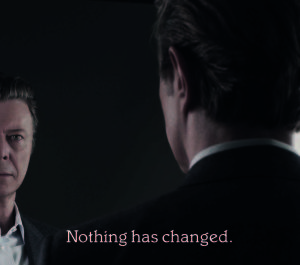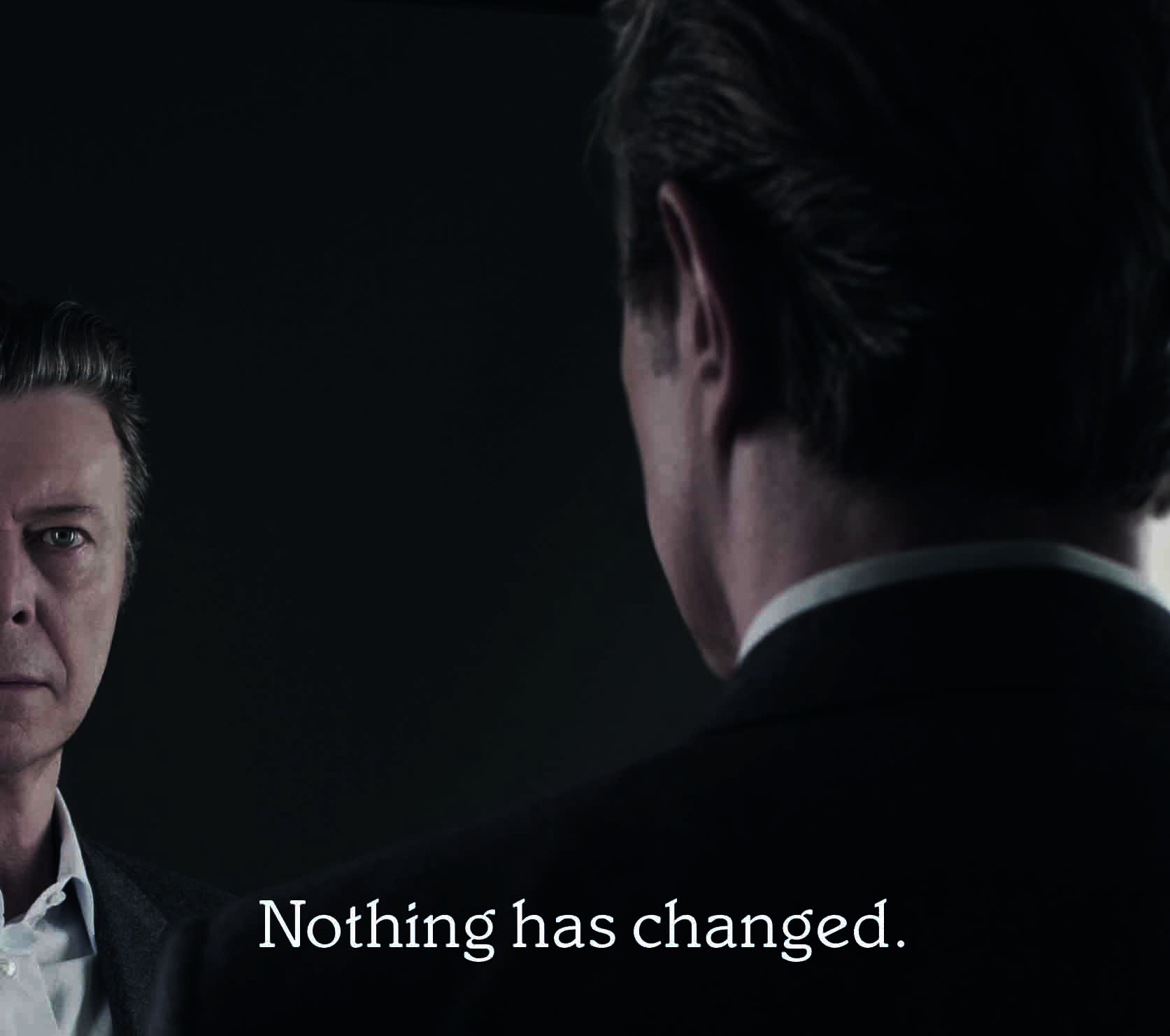
David Bowie
Nothing Has Changed
COLUMBIA/LEGACY
8/10
Of all the remastered, best of, remixed, acoustic, and every other combination of David Bowie product on the market, few seem to have been anticipated to such a fervent degree as this new mega compilation. Exhaustive in its scope, Nothing Has Changed assembles repertoire from almost every crevice of the Thin White Duke’s career, from 1964 to this year. Released in conjunction with a seemingly worldwide focus on Bowiemania, and featuring a new song recorded specifically for this compilation, NHC promises to live up to expectations.
And the compilation almost completely succeeds at that insurmountable task. Even the most studied Bowietarian will find things to be excited about here: the unheard stereo version of “All the Young Dudes,” the Pet Shop Boys remix of “Hallo Spaceboy,” pretty much all of disc three, a.k.a. the good stuff. Yet presented with such a catalog we all become curators, and there is plenty to question. Like the overkill of disc two: “Heroes,” “Golden Years,” “Under Pressure,” all fantastic; “Blue Jean,” “Jump They Say,” “Dancing in the Street (with Mick Jagger)”…shudder. Why not let us hear more from the Berlin/Iggy period (which is noticeably absent)? Wherefore art thou, Tin Machine? Surely one of those Sales brothers tracks merits inclusion in this behemoth retrospective.
Nothing if not studied, from the multiple versions of the cover art to the sequencing, the collection begins with the most current recording, the brand-new single—jazz crooner epic “Sue (Or in a Season of Crime)”—and ends, fifty-eight songs later, with “Liza Jane,” the very first Davie Jones recording from 1964. Looking back five decades, it’s easy to thrill to the burgeoning R&B newness of that early track, fifty years on though, the new seven-minute-plus orchestral opera seems a tad forced, but if not Bowie to force it upon us then who?









